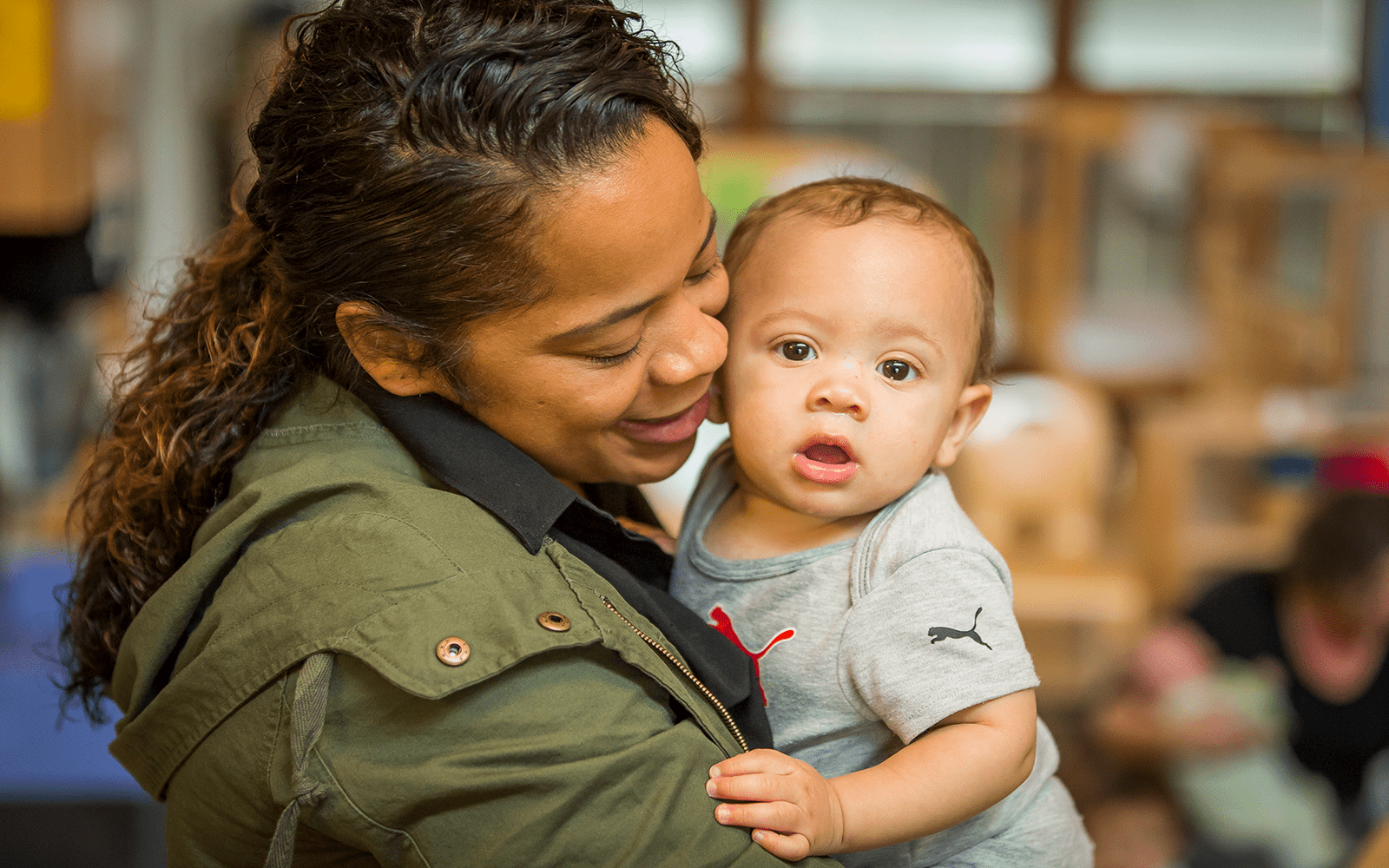Illinois Governor JB Pritzker’s proposed Smart Start Illinois initiative calls for a historic investment of $40 million for the Early Intervention (EI) program in FY 24 to increase provider reimbursement rates, address service coordination challenges and accommodate growing caseloads.
Illinois’ EI program provides a range of critical family-centered developmental and social-emotional services, including speech and language, occupational and physical therapies and social work services to nearly 27,000 infants and toddlers with developmental delays, disabilities or certain medical conditions across the state to ensure they have the best chance for healthy development. EI services have been shown to improve developmental outcomes for young children, support families to better meet their child’s developmental needs from an early age and reduce future educational costs to our communities and the state by minimizing the need for special education services. Nearly half of children who participated in Early Intervention are functioning within age expectations by pre-K, and of those who exit functioning below age expected levels, 75% substantially increased their rate of growth by pre-K.
Research shows that the first three years are a critical time to intervene because it is when a child’s developing brain is most capable of change, and we know that EI services are most effective when provided earlier in life. Despite this, infants and toddlers with delays and disabilities and their families are currently experiencing historically high service delays and barriers to accessing the Early Intervention system at every step of the process. This includes thousands of families waiting to complete the intake/evaluation and Individualized Family Service Plan (IFSP) development process, and many more waiting to receive services after their IFSPs are created as waitlists for services have nearly doubled from FY 22 to FY 23.
Without access to the EI services they are legally entitled to, infants and toddlers with delays and disabilities are falling through the cracks each day and many age out of EI while still waiting for services to be initiated. There has been a historic groundswell of advocacy among families and the EI provider community through grassroots organizing, with thousands of petition signatures collected and letters sent to legislators, and over a hundred postcards from families sharing their experiences. As one parent shared, “My son is currently waiting for services to start. He isn’t able to communicate with us. He isn’t able to tell us when he is hungry, thirsty or in pain. It’s very frustrating for him.”


